
Test2prevent
Know your risk of type 2 diabetes
The International Diabetes Federation (IDF) estimates that as many as 212 million people, or half of all adults currently living with diabetes, are undiagnosed. Most of these have type 2 diabetes.
IDF has created an online diabetes risk assessment which aims to predict an individual’s risk of developing type 2 diabetes within the next ten years. The test is based on the Finnish Diabetes Risk Score (FINDRISC) developed and designed by Adj. Prof Jaana Lindstrom and Prof. Jaakko Tuomilehto from the National Institute for Health and Welfare, Helsinki, Finland.
The test takes only a couple of minutes to complete. It is a quick, easy, and confidential way to find out your risk of developing type 2 diabetes.
The test is also available in the following languages:
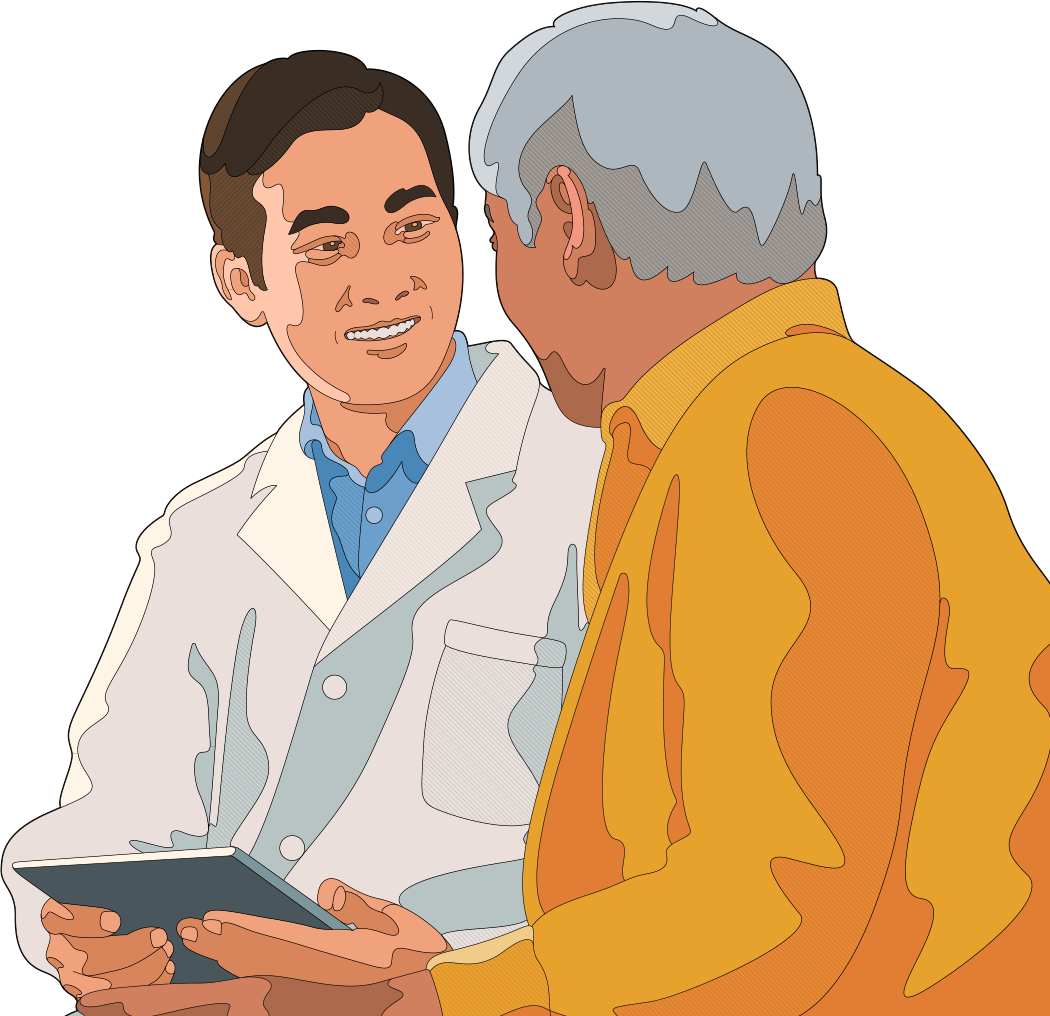
1 Age
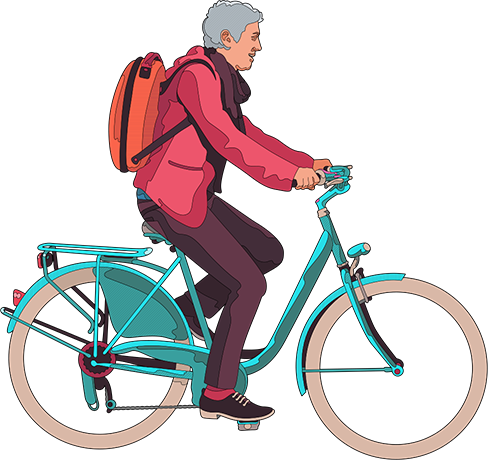
2 Body-mass index
BMI Calculator
My BMI is
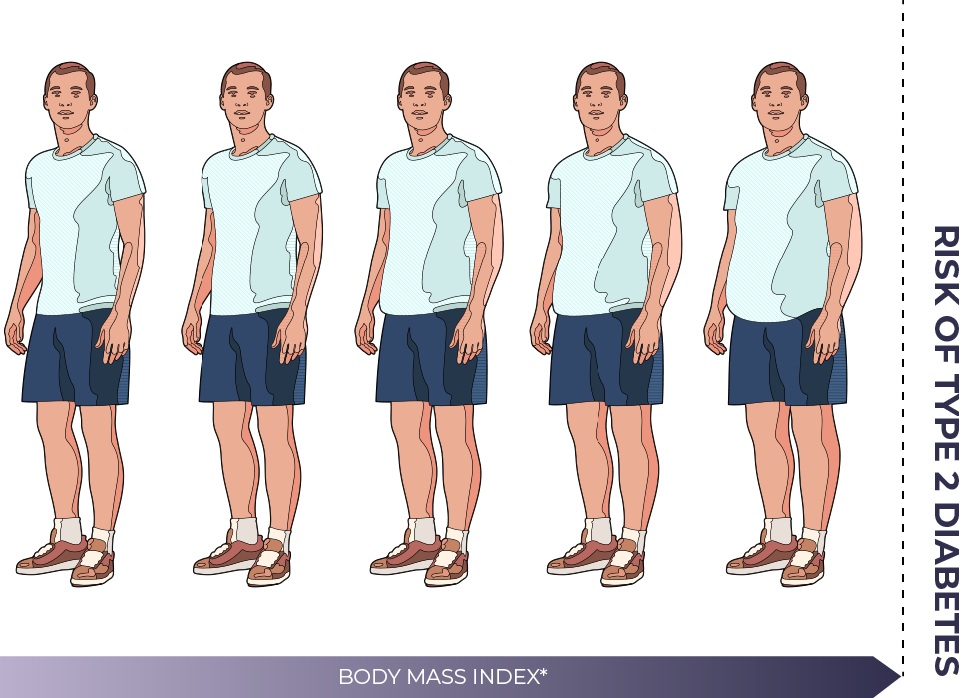
3 Waist circumference
measured below the ribs
(usually at the level of the navel)
Men
Women
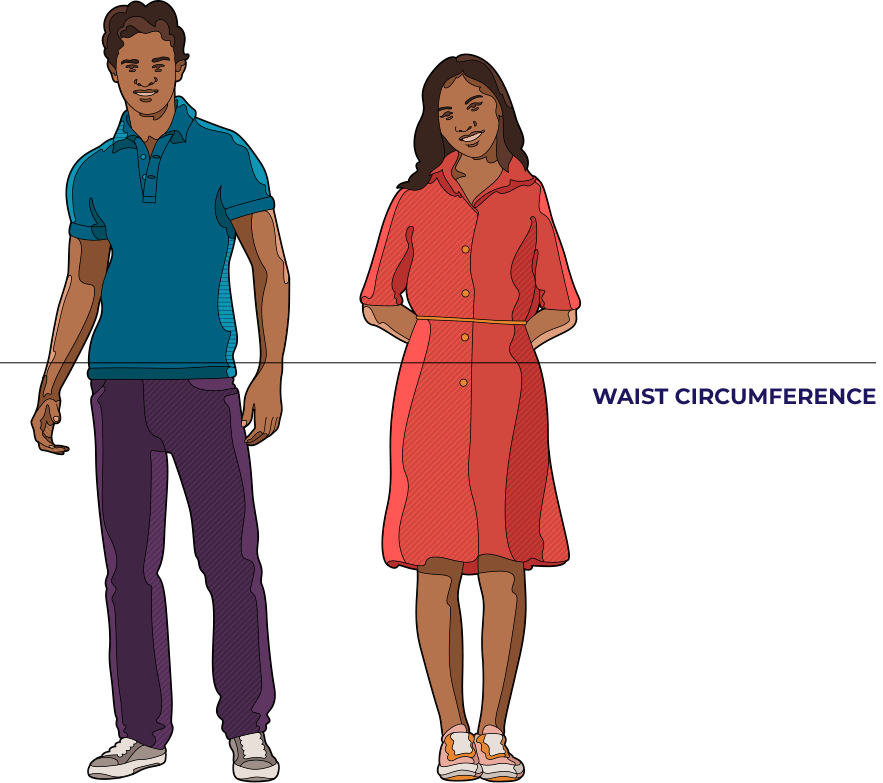
4 Do you usually do at least 30 minutes of daily physical activity at work and/or during leisure time?(including normal daily activity)
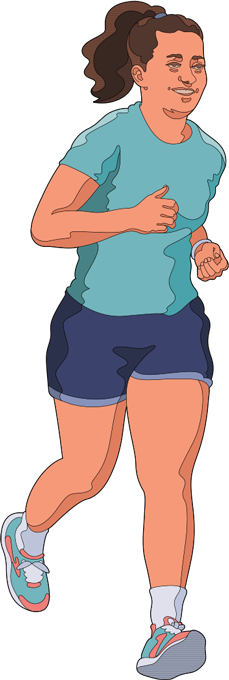
5How often do you eat vegetables, fruit or berries?

6Have you ever taken medication for high blood pressure on a regular basis?
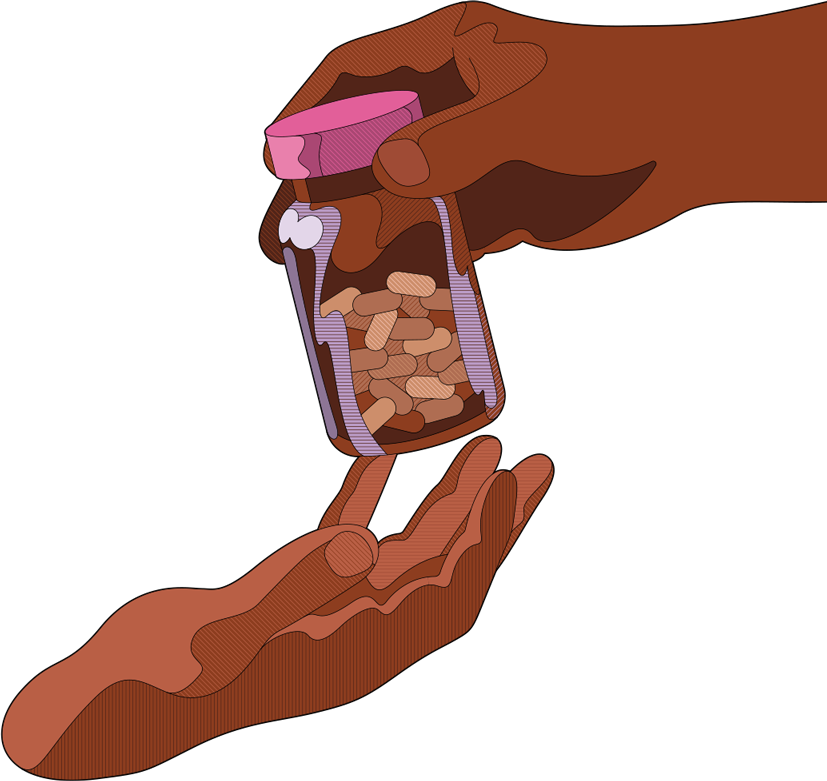
7Have you ever been found to have high blood glucose?(eg. in a health examination, during an illness, during pregnancy)
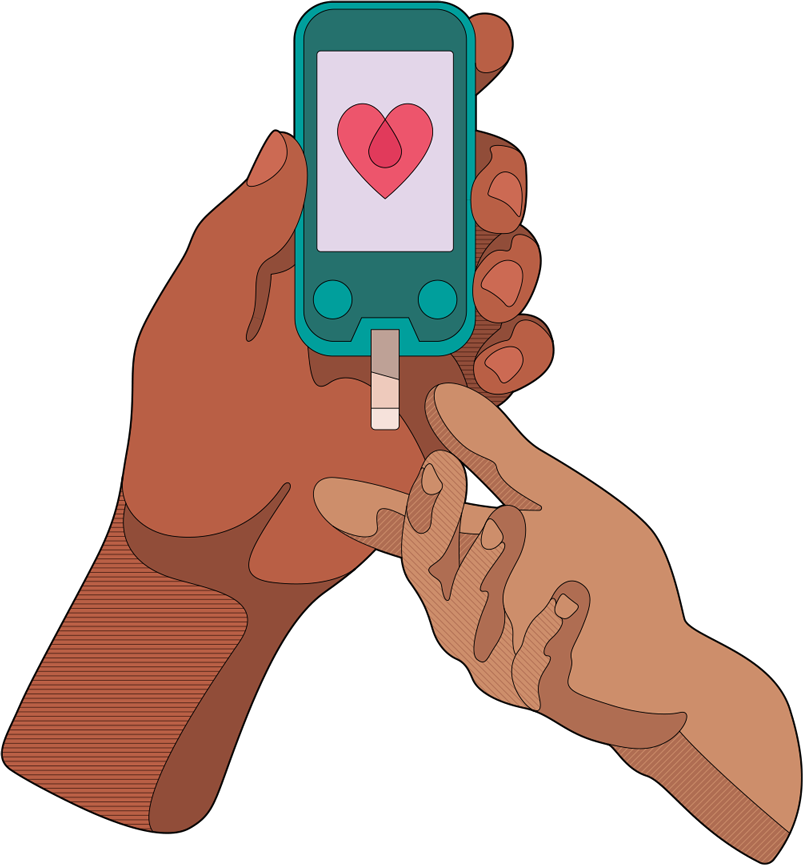
8Have you or any other members of your immediate family or other relatives been diagnosed with diabetes?(type 1 or type 2)
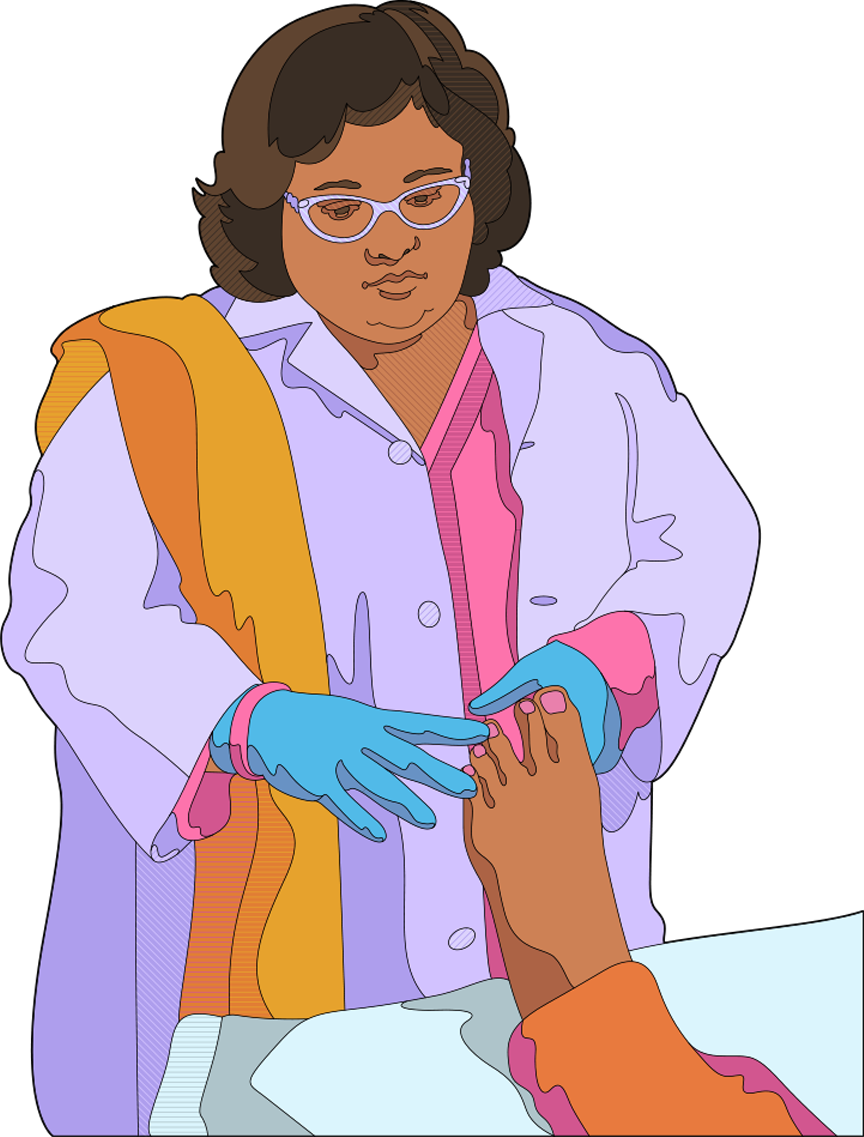
0 - Low
ESTIMATED 1 IN 100 WILL DEVELOP DISEASE
You can’t do anything about your age or your genetic predisposition. Other factors predisposing to type 2 diabetes, such as being overweight, abdominal obesity, sedentary lifestyle, eating habits and smoking, are up to you. Your lifestyle choices can prevent type 2 diabetes or at least delay its onset until a much greater age.
If there is diabetes in your family, you should be careful not to put on weight over the years. Growth of the waistline, in particular, increases the risk of type 2 diabetes, whereas regular moderate physical activity will lower the risk. You should also pay attention to your diet: take care to eat plenty of fibre-rich cereal products and vegetables every day. Omit excess hard fats from your diet and favour soft vegetable fats.
0 - Slightly Elevated
ESTIMATED 1 IN 25 WILL DEVELOP DISEASE
You can’t do anything about your age or your genetic predisposition. Other factors predisposing to type 2 diabetes, such as being overweight, abdominal obesity, sedentary lifestyle, eating habits and smoking, are up to you. Your lifestyle choices can prevent type 2 diabetes or at least delay its onset until a much greater age.
If there is diabetes in your family, you should be careful not to put on weight over the years. Growth of the waistline, in particular, increases the risk of type 2 diabetes, whereas regular moderate physical activity will lower the risk. You should also pay attention to your diet: take care to eat plenty of fibre-rich cereal products and vegetables every day. Omit excess hard fats from your diet and favour soft vegetable fats.
0 - Moderate
ESTIMATED 1 IN 6 WILL DEVELOP DISEASE
Early stages of type 2 diabetes seldom cause any symptoms. You would be well advised to seriously consider your physical activity and eating habits and pay attention to your weight, to prevent yourself from developing diabetes. Please contact a public-health nurse or your own doctor for further guidance and tests.
You can’t do anything about your age or your genetic predisposition. Other factors predisposing to type 2 diabetes, such as being overweight, abdominal obesity, sedentary lifestyle, eating habits and smoking, are up to you. eating habits and smoking, are up to you. Your lifestyle choices can prevent type 2 diabetes or at least delay its onset until a much greater age.
If there is diabetes in your family, you should be careful not to put on weight over the years. Growth of the waistline, in particular, increases the risk of type 2 diabetes, whereas regular moderate physical activity will lower the risk. You should also pay attention to your diet: take care to eat plenty of fibre-rich cereal products and vegetables every day. Omit excess hard fats from your diet and favour soft vegetable fats.
0 - High
ESTIMATED 1 IN 3 WILL DEVELOP DISEASE
You should have your blood glucose measured (both fasting value and value after a dose of glucose or a meal) to determine if you have diabetes without symptoms.
Early stages of type 2 diabetes seldom cause any symptoms. You would be well advised to seriously consider your physical activity and eating habits and pay attention to your weight, to prevent yourself from developing diabetes. Please contact a public-health nurse or your own doctor for further guidance and tests.
0 - Very high
ESTIMATED 1 IN 2 WILL DEVELOP DISEASE
You should have your blood glucose measured (both fasting value and value after a dose of glucose or a meal) to determine if you have diabetes without symptoms.
Early stages of type 2 diabetes seldom cause any symptoms. You would be well advised to seriously consider your physical activity and eating habits and pay attention to your weight, to prevent yourself from developing diabetes. Please contact a public-health nurse or your own doctor for further guidance and tests.
